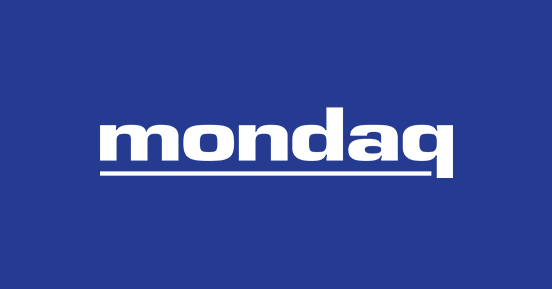To print this article, all you need is to be registered or login on Mondaq.com.
On Friday, March 15, 2024, Commodity Futures Trading Commission
(“CFTC”) Market Risk Advisory Committee
(“MRAC”) convened two roundtables in Washington
DC.
The first roundtable was organized by MRAC’s Future of
Finance Subcommittee and focused on the use of artificial
intelligence (“AI”) in financial markets today, what
risks the use of AI poses, what aspects of financial regulation are
implicated AI and what the markets and regulators can anticipate in
the future. Participants in the roundtable agreed that the AI has
already been a presence in financial markets for several years and
is clearly here to stay. While the focus of regulation should not
be on the rapidly evolving technology itself, regulators should
focus on the use of such technology and the accountability for such
use by market participants. The Subcommittee also addressed some of
the issues raised in CFTC’s January 25, 2024 request for
comments on the use of AI in CFTC-regulated markets as
well as CFTC’s advisory on the use of AI in financial scams.
During its second roundtable discussion organized by MRAC’s
Climate-Related Market Risk Subcommittee, participants mostly
addressed issues relating to the use and trading of environmental
commodities, such as carbon credits, as well as market reaction to
CFTC’s December 4, 2023 proposed guidance on listing on
CFTC-regulated trading platforms of voluntary carbon credit
contracts. Cadwalader’s own Peter Malyshev addressed the issues of carbon
trading and environmental derivatives at the Market Risk Advisory
Committee’s roundtable and you can watch the replay here.
Participants in this roundtable addressed market design,
disclosures as well as intermediation in voluntary carbon credit
markets. The roundtable addressed legal nature of carbon credits as
a “commodity” and the likely future regulatory regime may
evolve to ensure reliability, transparency and to prevent
greenwashing. The issues identified during this roundtable will be
further explored during the
subcommittee meetings.
The content of this article is intended to provide a general
guide to the subject matter. Specialist advice should be sought
about your specific circumstances.
POPULAR ARTICLES ON: Finance and Banking from United States





